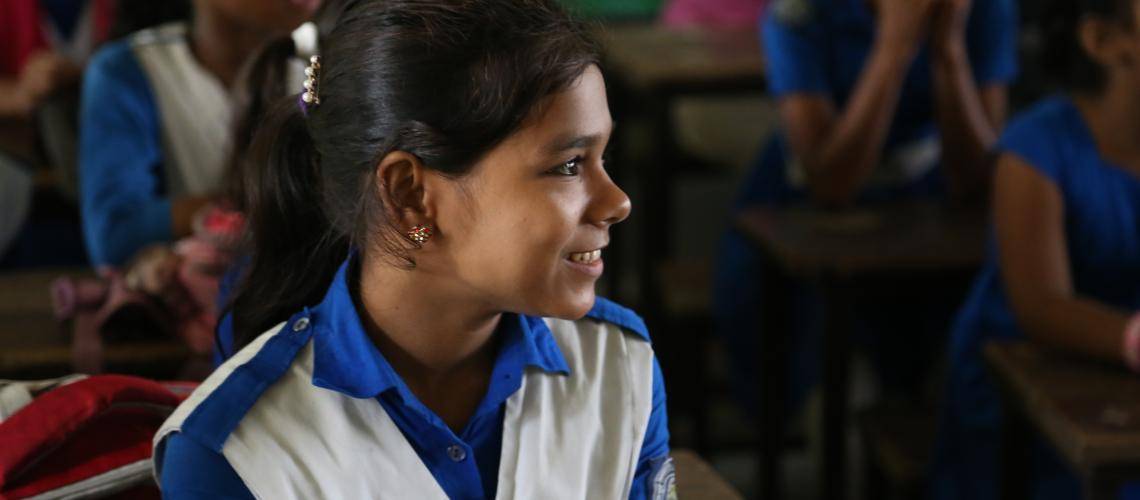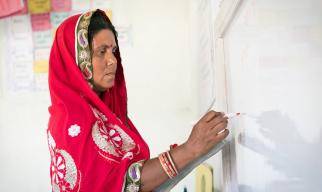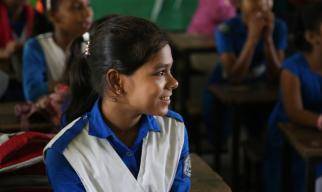Worldwide, inequalities in education are linked to many students’ poor participation and academic achievement at secondary school. The outbreak of the COVID-19 pandemic further exacerbates these inequalities, especially in low-income countries. Bangladesh, Bhutan, Nepal, Vietnam, and Timor-Leste face several common equity-related challenges linked to gender equality and inclusion that affect student participation and performance, most acutely at the secondary school level. These countries also face challenges in moving to competency- and skill-based learning from the existing traditional ways of teaching and learning. If the challenges are not addressed urgently, student participation and achievement, especially from a gender equity and inclusion perspective may further deteriorate.
Gender and Inclusive Pedagogies (GIP) offer a set of proven interventions to ensure equal participation and learning achievement addressing differences in students’ gender, ability, ethnicity, and other backgrounds. The project will introduce an evidence-based, gender and inclusion-focused teacher professional development package to enhance teacher competency to address equity concerns and improve students’ participation and learning achievement.
The study will use an experimental research design to test the effects of GIP intervention on teachers' attitudes, sense of self-efficacy, and classroom practices; and students’ participation and learning achievement. The project will promote scale-up of GIP by developing advocacy frameworks for each participating country and establishing a regional collaboration platform.
* This project will commence following the signage of the grant agreement.



